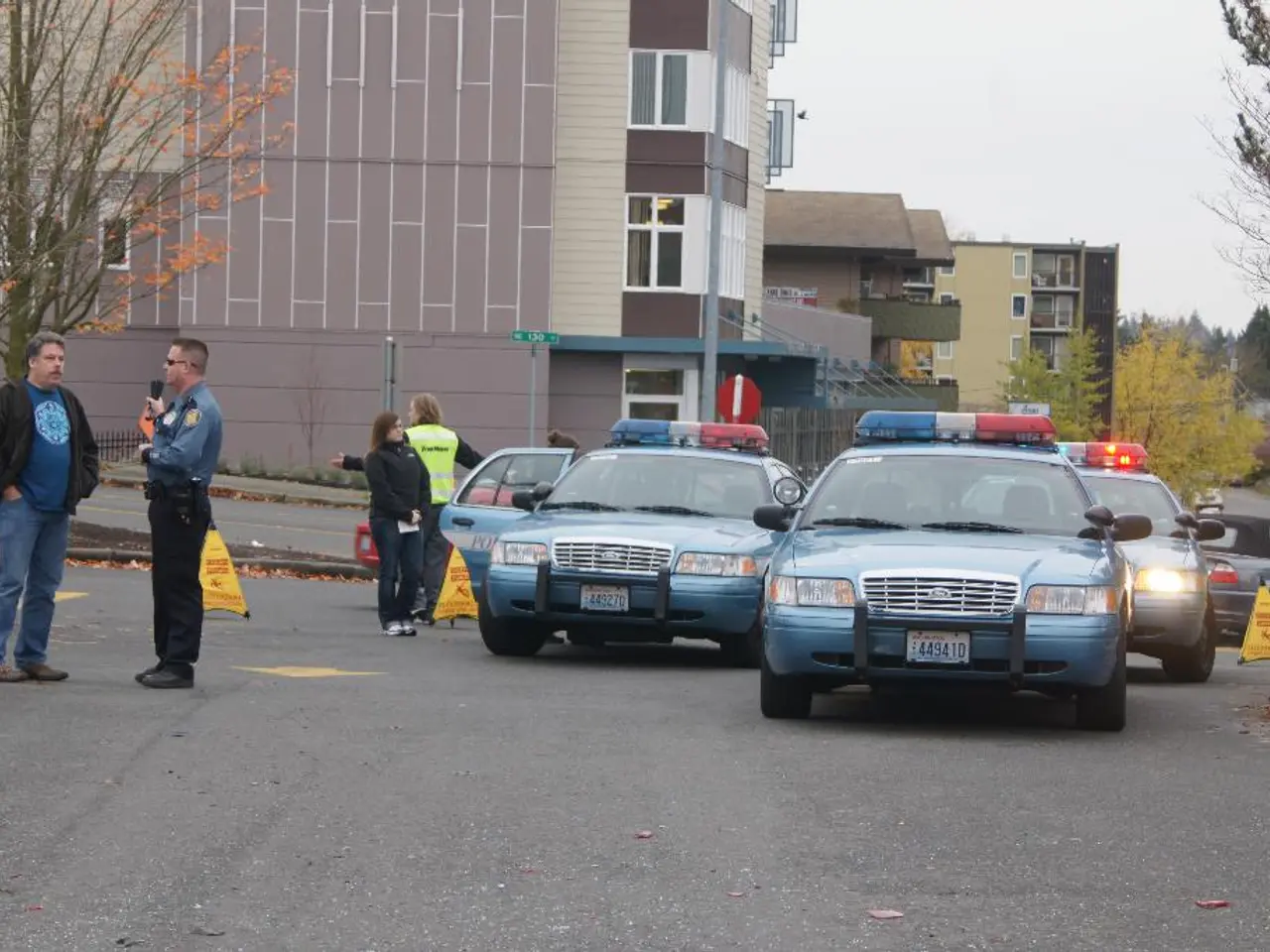Warning Signal for Demise of Democracy and Nation
In a historic event for the Federal Republic of Germany, Friedrich Merz failed to secure the necessary majority in the first round of voting for Chancellor in the Bundestag on 6 May 2025. The unexpected setback came as 18 MPs from the governing parties refused to vote for him, indicating internal party divisions and weakening Merz’s position at the start of his chancellorship [4][5].
This political stalemate marked the beginning of a tumultuous journey for Merz, who eventually secured the Chancellorship later that day in subsequent rounds of voting [5]. However, the failure in the first round was seen as a significant political setback and signaled challenges ahead [2][5].
Now leading a fragile coalition government, Merz faces internal dissent and low public approval ratings [2][3]. His governing coalition, comprising the CDU/CSU and the SPD as a junior partner, holds only limited support and struggles to prevent the rise of the far-right AfD, which has overtaken the CDU/CSU in polls at times [1][3].
The political situation remains unstable, with calls for Merz to take stronger charge of his coalition to avoid further decline [3]. The Southwest, particularly the crisis-ridden automobile industry, is waiting for signals from Berlin, including deregulation, economic relief, and special funds.
The stalemate in the Chancellor election is not beneficial for the country, as it could lead to a crisis atmosphere, new elections, or a political vacuum. The right-wing populist AfD is the only party that benefits from this stalemate, as they are already gleefully anticipating it.
A CDU politician must have a conservative profile to position the party against a right-wing populist AfD. Merz's vote on migration in the Bundestag with the AfD, and his dictum of "green and left-wing spinsters," have not been forgotten by some. A sign of renewal is needed from Berlin to avoid sliding deeper into the crisis.
Rafael Binkowski, a political commentator, has issued an appeal to all coalition MPs in Berlin to be aware of their responsibility and focus on the country, not party politics. Merz must give a home to the 30 to 40 percent conservative voters, while maintaining party discipline and avoiding further internal dissent.
The mandate is now free, and faction discipline is not strong in this crucial question. Some Union MPs may have been disappointed not to have been considered in the government formation. The AfD has been campaigning to demonize Merz as "mean Fritz," exploiting frustration among the public.
Friedrich Merz, a conservative politician, was a candidate for Chancellor. His inaugural visit to Paris was booked, but he failed in the first round of voting in the Bundestag. The political landscape in Germany is complex and evolving, with Merz navigating through a challenging start to his chancellorship.
- The failure in the first round of voting for Friedrich Merz in the Chancellor election has highlighted the complexities and challenges of Germany's economic and social policy, as the country faces internal party divisions, low public approval ratings, and the rise of right-wing populist parties such as the AfD.
- In times of political instability, policy-and-legislation in areas like crime-and-justice and war-and-conflicts become crucial, as the fragile coalition government led by Chancellor Merz struggles to prevent the rise of the far-right AfD and address issues like the crisis-ridden automobile industry, requiring prompt deregulation, economic relief, and special funds.
- The general-news landscape in Germany is dominated by discussions around Merz's leadership and the coalitional politics, with political commentators urging all coalition MPs to focus on the country and its needs, rather than engaging in party politics, while also maintaining party discipline and avoiding internal dissent, in order to avoid a deeper crisis.








